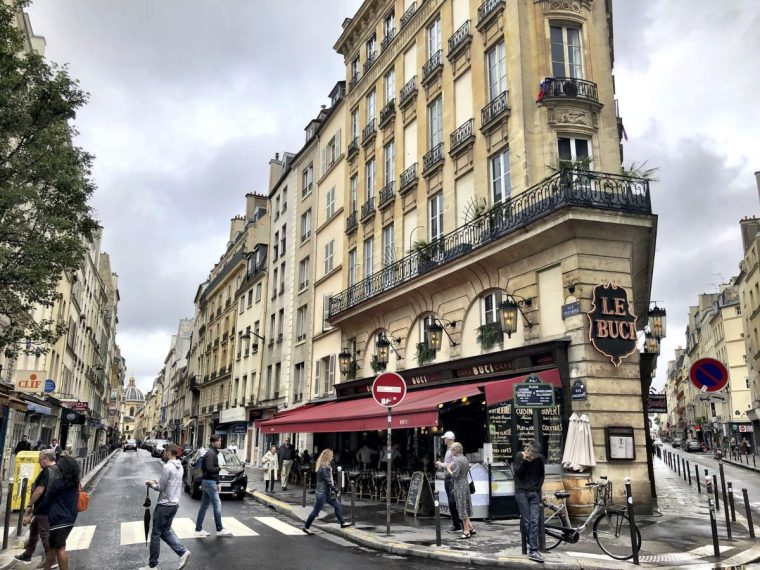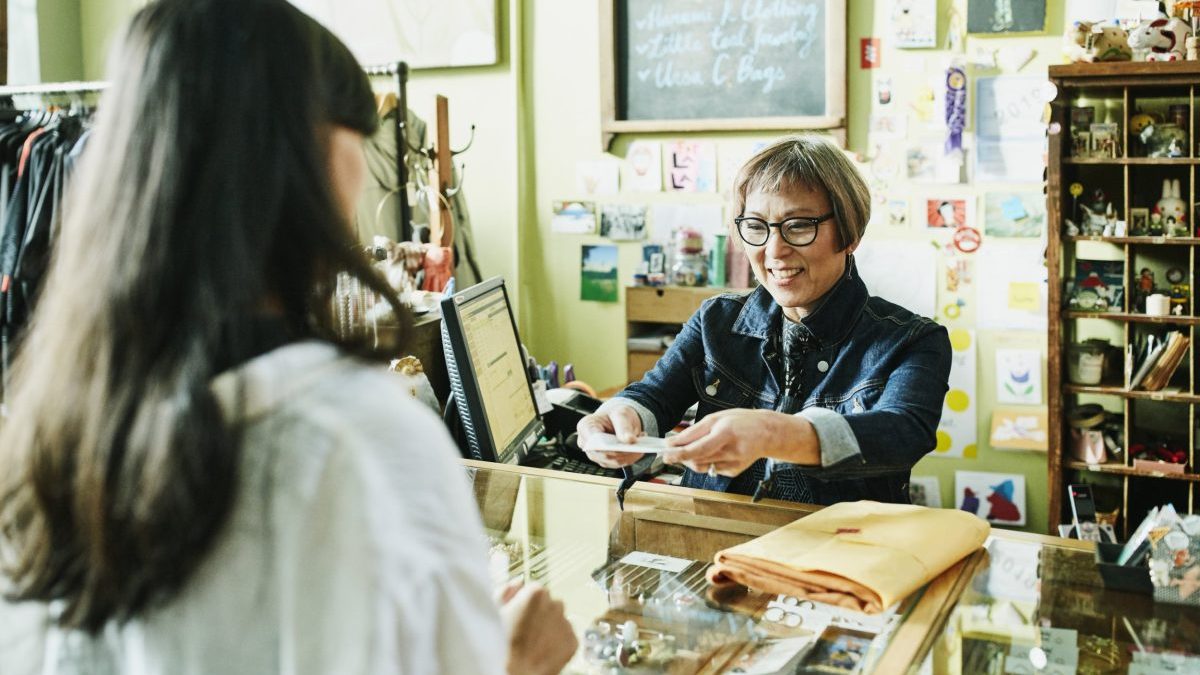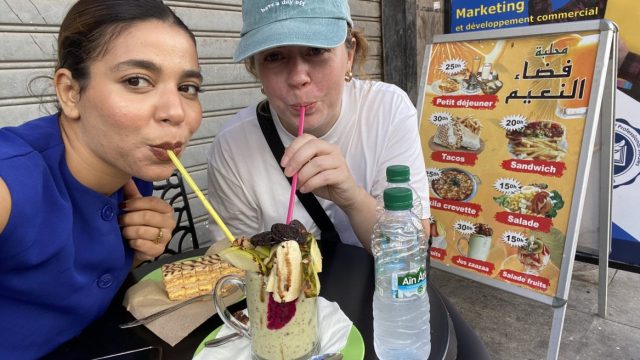Holiday costs are on the rise. Package break prices were up 4.2 per cent on average this summer compared to the previous year, for example. Then there are the admin expenses: UK passport fees rose by 25 per cent between 2023 and 2025, while AllClear Travel insurance found that more than one in five people would travel without cover rather than face expensive policies.
But there is one risk-free way to save money when travelling to the EU – claiming back VAT. Since the UK left the bloc, UK passport holders are entitled to claim VAT refunds on goods bought in EU countries. Yet, a survey by Abta, the travel association, found that only 41 per cent of Britons are aware they can do so, and just one in four know how to make a claim.
Typically, travellers can claim back VAT on eligible goods bought from participating retailers when taking them home, so long as the correct steps are followed before they leave the EU.
The spending threshold and rate varies across the bloc. In Spain, you must spend €90.15 (£79.63) in one shop to be eligible for a refund, and can receive 21 per cent back, while in Greece the minimum spend is just €50, and shoppers can receive 24 per cent back.
 If you’re planning a Christmas shopping trip to Paris, you could make a significant saving on VAT
If you’re planning a Christmas shopping trip to Paris, you could make a significant saving on VAT
(Photo: Getty)
To claim in any EU country, you will need to request a tax-free form and show your non-EU passport at the time of purchase. Refunds are processed at an airport, port or train station when leaving the EU. You will need to show your receipt, tax-free form, passport, boarding pass and the goods that you bought for inspection. Once the refund has been verified, the refund will be returned in cash or to your card of choice.
Some items and services are not eligible for refunds. The exclusions include alcohol and tobacco products, food and drink that has been consumed, goods used within the country and services such as hotel stays and entertainment. It is easy to get caught out by these rules, as UK traveller Cat Conway found while visiting Disneyland Paris over autumn half term.
She said: “Every time we go, I end up spending stupid amounts on souvenirs, so I wanted to be sure I claimed my VAT back properly this time. The last time I went, I didn’t realise I’d messed it up until I was on the ferry and it was too late.”
This time, Cat used SkipTax, a tool to process VAT refunds digitally in France. She explained: “To make a claim using SkipTax, you need to have the app and all of the receipts need to have ‘SkipTax’ on them as fine print at the bottom. This is called an ‘invoice’.
“You scan [receipts] using the app, and then once you’ve passed the border in your port of exit, you go to a kiosk, log in, and then meet with two French customs officials who check everything is in order and then verify your claim.
“Make sure you set aside time as they will open your bags. SkipTax then sends you the VAT refund.”
Yet despite saving and scanning her receipts, Cat missed out on her refund.
She said: “I should have been refunded about €90. What I did not realise until I got to the border was that I actually had to present every single item, including bottles of Coke and bags of Doritos.
“What I should have done was separate my transactions; sadly, no one working the tills warned me about this when I dropped two bottles of water and €80-worth of t-shirts on the counter. And once the invoice is scanned as part of your claim, you can’t scan it again if your first claim fails.
“French customs were very empathetic, but also firm: do not wear your shirts [until you are home]. Do not play with your toys. Do not open that bottle of Coke Zero until you are on the train to St Pancras. And do not try to pull a fast one or you will get fined.”
Those planning a trip to the EU, and expecting to buy souvenirs or presents, can save a worthwhile proportion of what they spend.
Review the rules before you travel, get the relevant forms and receipts and be careful to split up purchases of goods you are taking home and anything that you plan to use or consume while still in the EU.
Abta has a useful guide to the rules for travel in the EU post Brexit.
Your next read

